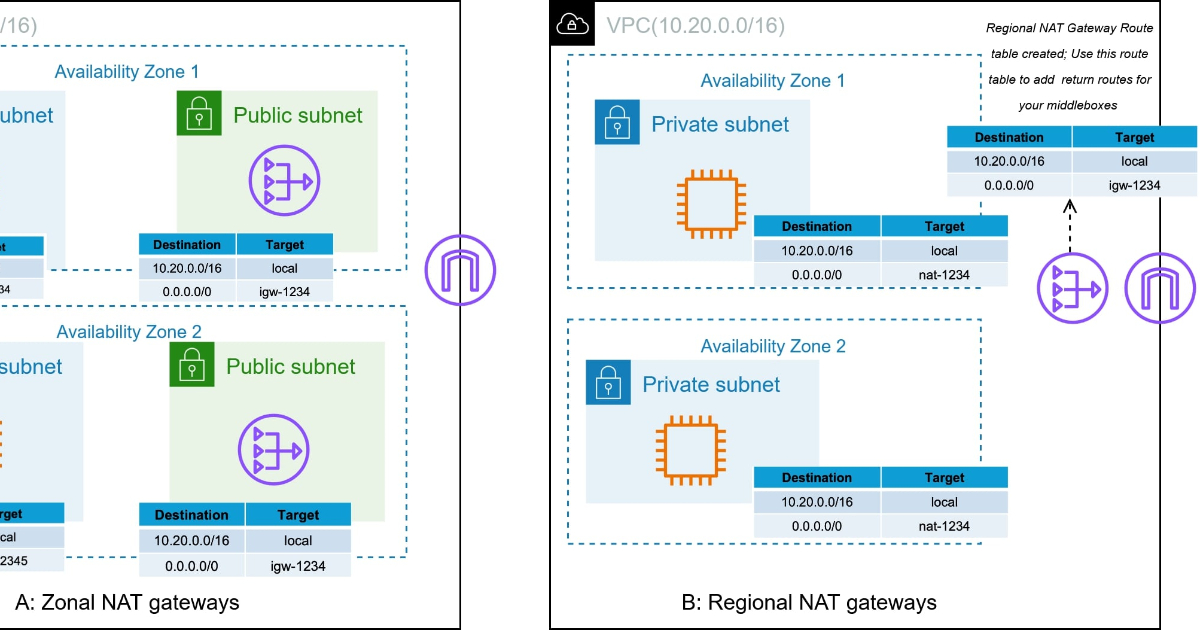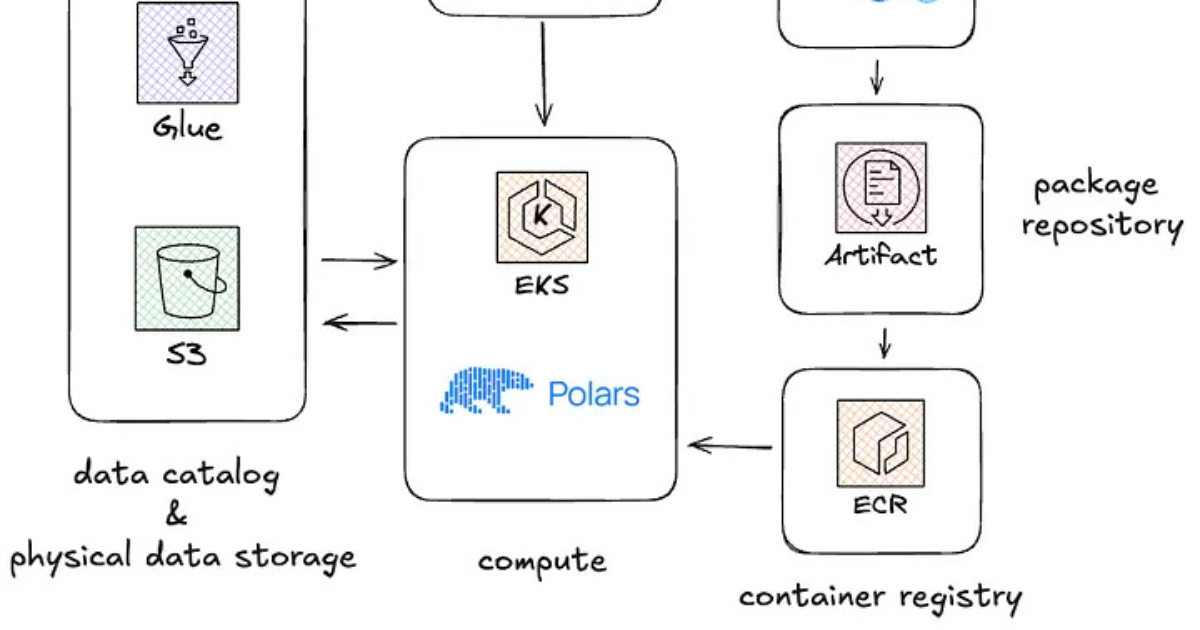Codetown
Codetown ::: a software developer's community
Kotlin Thursdays - Introduction to Functional Programming in Kotlin Part 1

Resources
- Higher-Order Functions and Lambdas:https://kotlinlang.org/docs/reference/lambdas.html
Introduction
Welcome to Kotlin Thursdays! This week I’m starting a series on functional programming with Kotlin. Functional programming is something I’m passionate about, and Kotlin has some great functional programming support! Functional programming can lead to code that is easier to think about, has fewer bugs and is easier to test.
What better way to dive into functional programming than to learn about functions! It might help to think of functions as “mini-programs”. Functions allow us to write some code once and then use that code multiple times throughout the rest of our program.
The Main Function
To make a Kotlin program, we need to make a function to “kickstart” our program. This function is called the main function. To create the mainfunction, let’s make a file called FunWithFunctions.kt and write the following code in it:
fun main() {
println(“Hello World!”)
}
We can compile this into a jar file that we can run with the following command on our terminal:
kotlinc-jvm FunWithFunctions.kt -include-runtime -d functions.jar
Then we can run the program with the following command:
java -jar functions.jar
For those not familiar, a jar file is how Java Virtual Machine programs are packaged into programs that we can easily run. Kotlin, like Java, uses the Java Virtual Machine to run.
Kotlin knows that when we run our code, it should start by running the mainfunction. But we can make our own custom functions as well! Let’s write our first custom function in my FunWithFunctions.kt file:
fun myFirstFunction(): String {
return "I made my first Kotlin function!"
}
We’re using the same fun keyword as before, and we’re giving this function the name of myFirstFunction. Notice the : String that comes after the function name; this tells Kotlin that when this function finishes running, it is going to return a String object. If we don’t specify that, Kotlin assumes that our function is returning Unit, which is the same thing as void in Java. Finally, we use the return keyword to return our string.
This new function we’ve created can now be used in the main function of our program. Here’s the final content of the FunWithFunctions.kt file:
fun myFirstFunction(): String {
return "I made my first Kotlin function!"
}
fun main() {
val result = myFirstFunction()
println(result)
}
Now we can compile and run it:
kotlinc-jvm FunWithFunctions.kt -include-runtime -d functions.jar
java -jar functions.jar
Higher Order Functions
Kotlin has support for higher order functions. A function is a higher order function if it can do at least one of the following things:
- Accept another function as an argument.
- Return a function.
Passing Functions to Other Functions
Let’s examine passing functions into other functions. First, let’s define a function that returns a String:
fun a(): String {
return "I can haz functionz!"
}
Next, we’ll create a second function that can accept this function as a parameter:
fun b(parameter: () -> String): String {
return parameter()
}
We can call function b, passing in function a in our main function:
fun main() {
println(b(::a))
}
When function b runs, it will take function a as the parameter and execute it, returning the value:
I can haz functionz!
Functions That Return Functions
Let’s talk about the second capability that higher order functions possess: returning other functions. Let’s start off again with our function a from before:
fun a(): String {
return “I can haz functionz!”
}
Next we define a new function c that will return the function a we defined earlier:
fun c(): () -> String {
return ::a
}
Note that function c has a return type of () -> String. This is because c is returning the function a which returns a String. Kotlin, being strongly typed, requires us to match our return types correctly. This is different from dynamically typed languages like Ruby, which do not require types to be specified. This might seem like a nuisance at first, but in future episodes we’ll examine how using a strongly typed language like Kotlin actually helps us prevent bugs in our code by using types.
When the function c executes, it returns the function a, but it does not execute function a. Let’s see what happens when we call this in the main function:
fun main() {
println(c())
}
This will print:
function a (Kotlin reflection is not available)
This is because function a is being directly returned as a function, instead of executing and returning a String type. To make it execute, we would have to add two sets of parentheses in the println statement:
fun main() {
println(c()())
}
Now the function a, which is returned by the function c, will execute and return the String value:
I can haz functionz!
This prints out correctly because now we’re calling c which returns a function, then calling that returned function (c is returning a).
To help clarify what’s going on here, let’s write our main function a different way:
fun main() {
val functionA = c()
println(functionA)
}
Note the lack of parentheses around functionA in the println statement. Kotlin will print this out again:
function a (Kotlin reflection is not available)
We can add parentheses to functionA in the println statement to make functionA execute:
fun main() {
val functionA = c()
println(functionA())
}
Now we get the result we wanted:
I can haz functionz!
Higher order functions are a key component of functional programming, as it allows us to build up our program by connecting functions to functions. In future episodes we’ll start to examine how this becomes useful especially as we later learn about function composition, which allows us to write software that is easier to comprehend.
Join me next week on Kotlin Thursdays when I talk about anonymous functions and lambdas!
Tags:
Replies to This Discussion
Notes
Welcome to Codetown!
 Codetown is a social network. It's got blogs, forums, groups, personal pages and more! You might think of Codetown as a funky camper van with lots of compartments for your stuff and a great multimedia system, too! Best of all, Codetown has room for all of your friends.
Codetown is a social network. It's got blogs, forums, groups, personal pages and more! You might think of Codetown as a funky camper van with lots of compartments for your stuff and a great multimedia system, too! Best of all, Codetown has room for all of your friends.
Created by Michael Levin Dec 18, 2008 at 6:56pm. Last updated by Michael Levin May 4, 2018.
Looking for Jobs or Staff?
Check out the Codetown Jobs group.
InfoQ Reading List
Google Metrax Brings Predefined Model Evaluation Metrics to JAX

Recently open-sourced by Google, Metrax is a JAX library providing standardized, performant metrics implementations for classification, regression, NLP, vision, and audio models.
By Sergio De SimoneAWS Introduces Regional Availability for NAT Gateway

AWS has recently introduced regional availability for the managed NAT Gateway service. The new capability allows developers to create a single NAT Gateway that automatically spans multiple availability zones (AZs) in a VPC, providing high availability, eliminating the need to define separate gateways and public subnets in each zone.
By Renato LosioDecathlon Switches to Polars to Optimize Data Pipelines and Infrastructure Costs

Decathlon, one of the world's leading sports retailers, recently shared why it adopted the open source library Polars to optimize its data pipelines. The Decathlon Digital team found that migrating from Apache Spark to Polars for small input datasets provides significant speed and cost savings.
By Renato LosioAWS Expands Well-Architected Framework with Responsible AI and Updated ML and Generative AI Lenses

At AWS re:Invent 2025, AWS expanded its Well-Architected Framework with a new Responsible AI Lens and updated Machine Learning and Generative AI Lenses. The updates provide guidance on governance, bias mitigation, scalable ML workflows, and trustworthy AI system design across the full AI lifecycle.
By Leela KumilioRPC Releases Version 1.0 with OpenAPI Support and End to End Type Safety

Introducing oRPC 1.0, a cutting-edge TypeScript library for building typesafe APIs, offering a stable, production-ready solution with full OpenAPI integration. Key features include enterprise-grade type safety, complex type support, and seamless integration with popular frameworks. With superior performance and comprehensive migration guides, oRPC emerges as a choice for modern API development.
By Daniel CurtisSwitch to the Mobile Optimized View
© 2025 Created by Michael Levin.
Powered by
![]()